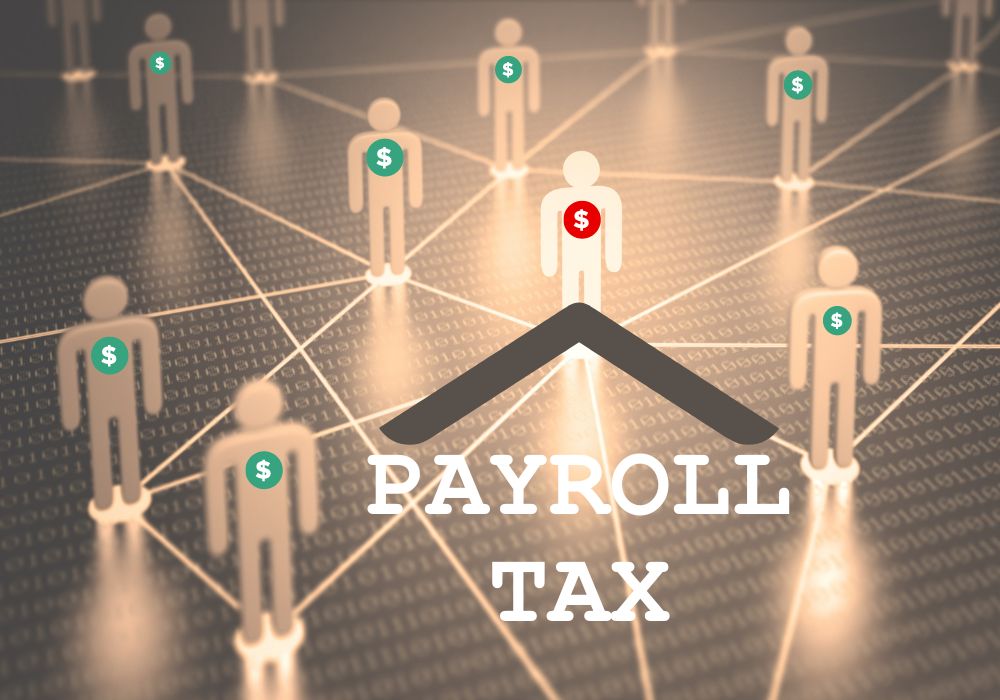The Ruling
On the 22nd of December, the QLD Office of State Revenue (QRO) issued a Public Ruling (Payroll Tax Ruling PTAQ000.6.1), which specifically deals with the application of payroll tax to medical centres. A link to this ruling can be found here.
The intent of the ruling was to provide further guidance on the application of the ‘relevant contract provisions’ in the Payroll Tax Act 1971 (QLD) to an entity that conducts a medical centre business. The ruling does not contain new information, rather a new interpretation of existing legislation.
We see the ruling take a stricter approach on how the interpretation of the arrangements between medical centres and practitioners is applied. Payments made to a practitioner by a medical centre, even on a contractor basis, are likely subject to payroll tax.
All practice owners operating in the medical industry are on notice and need to be aware of this potential financial impact on their practices.
The acting Commissioner has indicated that audits may not be retrospectively applied for General Practice to financial years prior to FY2021-22. But what about all the other specialties and allied health providers in the broader medical industry?
Our View
Walshs is a key stakeholder in the medical industry, supporting over 2,500 doctors with their accounting and taxation affairs. With Walshs’ commitment to the medical profession, we have been closely monitoring the developments and have provided our preliminary comments. The recent Ruling was released in light of the two recent court decisions in New South Wales and Victoria which we have discussed here.
Our view is, the Ruling states that in most circumstances where a medical clinic employs, contracts with, or has an agreement (such as a service agreement) with a doctor, that arrangements may be a relevant contract for the purpose of assessment of payroll tax.
Paragraph 5 of the Ruling outlines the general inclusions on how payroll tax is calculated. “Generally, payroll tax is payable by employers on all taxable wages paid to a common law employee. Where there is no common law employer-employee relationship, liability for payroll tax will arise if it is established amounts are paid under a relevant contract to a contractor”. The Ruling then moves to outline what the QRO will deem as a relevant contract.
‘Relevant contract’ is a term that is very important under the governing legislation and the inclusions based on this legislation would be incorporated when assessing a payroll tax liability. This Ruling defines a relevant contract between an entity that conducts a medical centre and a practitioner when:
- The practitioner carries on a business or practice of providing medical-related services to patients.
- In the course of conducting its business, the medical centre;
- Provides members of the public with access to medical-related services
- Engages a practitioner to supply services to the medical centre by serving patients on its behalf.
- An exemption does not apply.
If the contract provides, either directly or by implication, that a practitioner is engaged to supply work related services to the medical centre by servicing patients for, or on behalf of the medical centre, the contract will likely be considered to be a ‘relevant contract’ for the purposes of assessing payroll tax by the QRO.
The Ruling details that the source of the funds used to pay the practitioner’s company does not affect the classification of an amount as wages, even if the payment is made from money held in a trust account for the practitioner or the practitioner’s entity. It also details ‘third-party payments’ of money or other consideration may be taken to be wages paid, or payable by an employer to an employee. This provision applies to a third-party payment under a relevant contract that would be wages if paid by an employer to an employee under the contract.
The Ruling clearly notes that the concept of a medical centre extends to dental clinics, physiotherapy practices, radiology centres and similar healthcare providers who engage medical, dental and other health practitioners (or their entities) to provide patients with access to the services of practitioners.
The acting Commissioner has indicated that audits may not be retrospectively applied for General Practice to financial years prior to FY2021-22, however nothing in regards to all the other specialties and allied health providers in the broader medical industry.
Seek Advice
We suggest that all practices should re-engage with legal and accounting professionals with expert knowledge in the medical industry to help you to understand the implications that this ruling may have on your practice.
Please reach out to us here at Walshs for more information about this Ruling and its potential implications for your practice. Contact Hugh Walsh, Director or Kaitlin Brock, Associate on 07 3221 5677 or enquiries@walshs.com.au.
By: Kaitlin Brock, Associate | Walshs Practice











